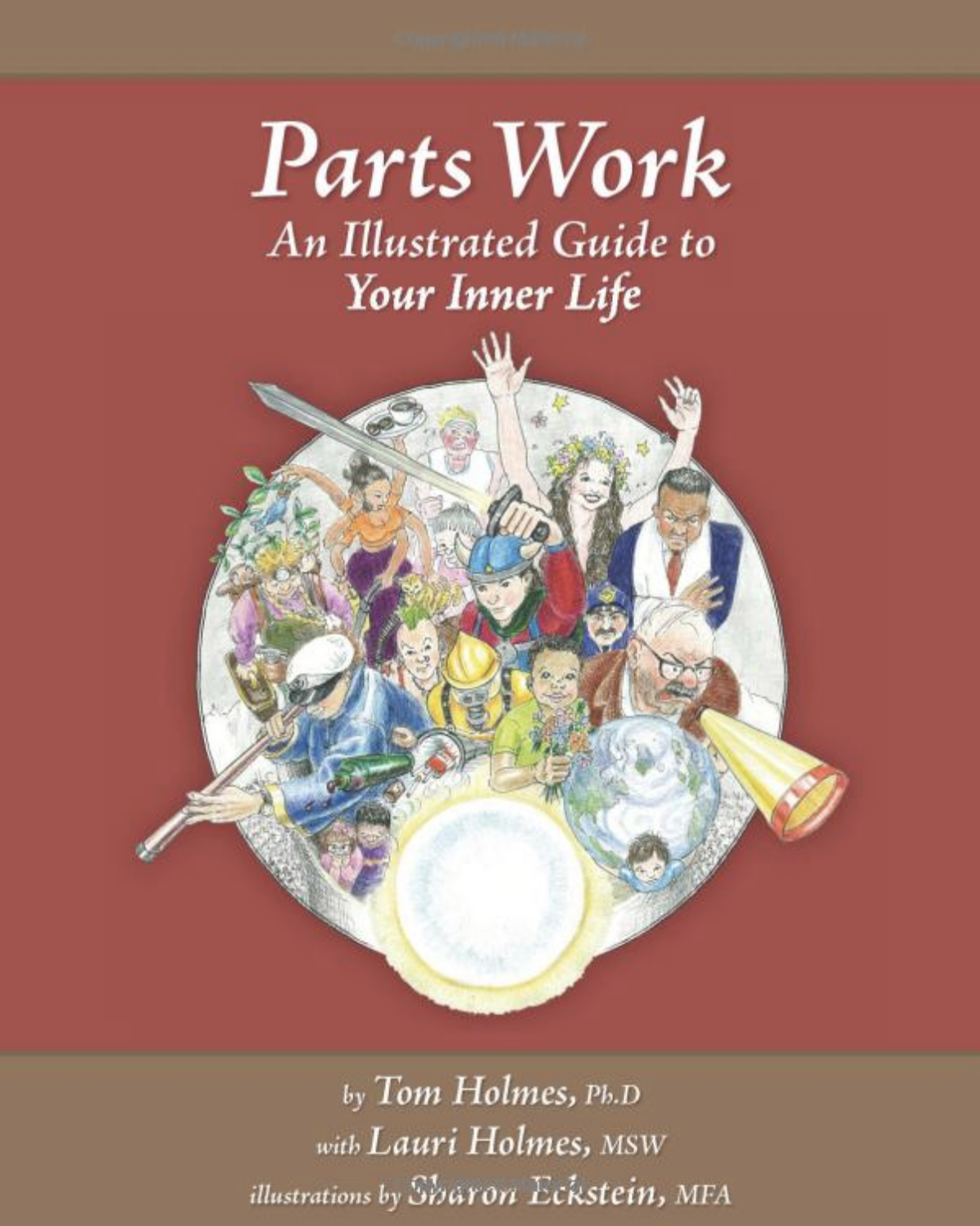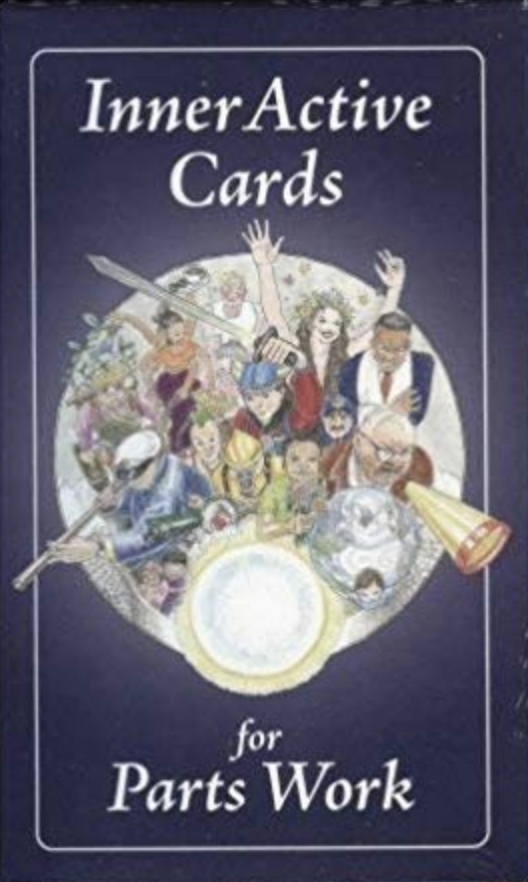Internal Family Systems Theory
One of the ways I approach therapy is by utilizing the Internal Family Systems theory, which was developed by Richard Schwartz. This model suggests that we all have a core SELF that we can learn to access, and in doing so; we create an “internal relationship” with this SELF.
This leads to a better sense of balance and integrates the part of ourselves that offer leadership and wisdom with the parts of ourselves that are out of balance and dysfunctional. The parts of yourself that sabotage connection to Self-leadership were developed to help you cope with life’s stressful challenges. While these parts might have helped you at one time to manage and survive, they may be sabotaging your best interests in the here and now.
Knowing The Self And Knowing The Story
I believe that as we uncover our “Inner-child,” our “Inner-teenager,” and develop a stronger “Divine Mother” and “Divine Father” archetype within us, we succeed in walking in our true nature. Knowing that we ARE Soul, rather than thinking that we HAVE a Soul, brings us face to face with the true nature within us.
We are a whole person containing many archetypical characters within the nature of the Soul. The “Knowing of the Self” is perhaps one of the single most important drives within us. This also occurs within the experience of our “Life Story.”
We are the creator of our own Narrative. What we have experienced can be altered, transformed, embellished, tweaked, and brought into a world of balance. The idea of knowing your Soul’s Story by developing a relationship with the characters, gives us control and power to create successful patterns and outcomes for one’s Life Journey. Externalizing this Story and the major characters, i.e.: the shadow, the hero, the critic, the victim, the advocate, the inner mother or father etc., will aid one in actualizing the Self and bring an awareness to the integrated Soul.
Often we find ourselves in conflict with others or with our own inner “parts” that sabotage our goals and needs. By developing a greater relationship with this understanding and by increasing our conscious connection to these underlying motives and patterns, we will free ourselves from their destructive influences and move ourselves into wholeness.
Internal Family Systems
Internal Family Systems, developed by Richard Schwartz in the early 1990s, is rooted in the assumption that symptoms and unresolved issues reflect disowned and unintegrated parts of the self. This assumption of inherent multiplicity is helpful to trauma survivors baffled by the paradoxical symptoms with which they struggle, while its mindful pace creates a feeling of safety for the client.
Many other techniques and methods have adapted the IFS concepts and woven them into their modality. The use of fragmented “Parts” is embedded in Janina Fisher’s work.
- Resource: Healing the Fragmented Selves of Trauma Survivors: Overcoming Internal Self-Alienation by Janina Fisher
Routledge, 2017
Resources
Resources for application of this method are plentiful. I utilize the following book and card deck with clients of all ages and find it creative and supportive. The video by the author helps us understand IFS through his lens.
Parts Work: An Illustrated Guide to Your Inner Life describes our inner psychological world with drawings which are moving, thought-provoking, sometimes humorous and often poignant. The book shows how we can disentangle ourselves from the problematic habitual patterns in which we get stuck and offers ways of positively using our particular talents and style for a fuller life. Through practical examples as well as clinical illustrations, the book helps us to understand ourselves and others better. (Link to book here).
Inner Active Cards are an accessible and effective way to give an image and voice to our emotional states and mind chatter, the sub-personalities within us called Parts. This boxed set contains 75 durable color illustrations depicting the inner active life of our Parts. This product is fantastic for giving clients a way to express emotions, internal strengths, and external resources without words, thus without the filter of cognition. (Link to cards here).
Video: Parts Works, Tom Holmes



